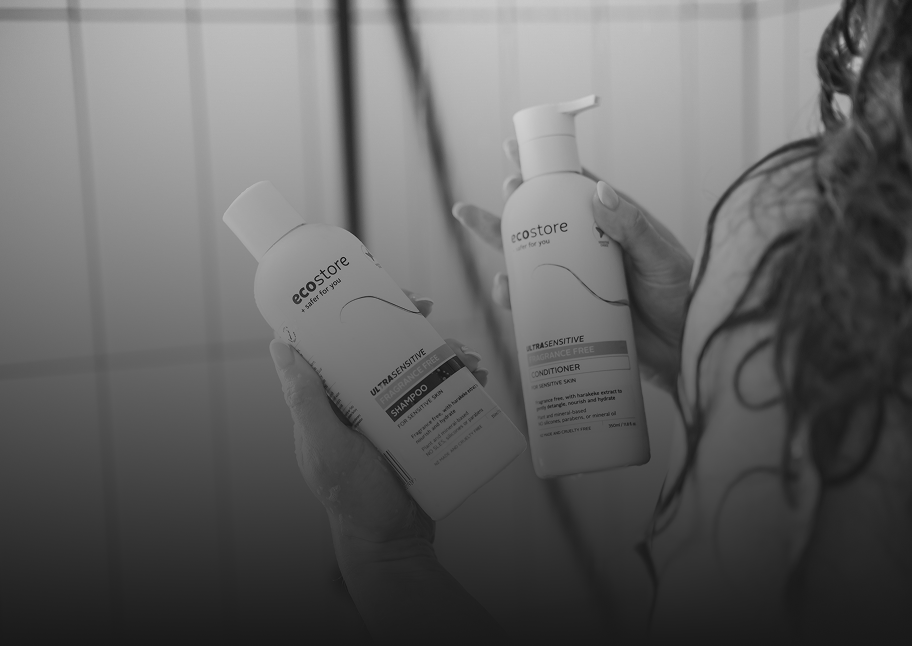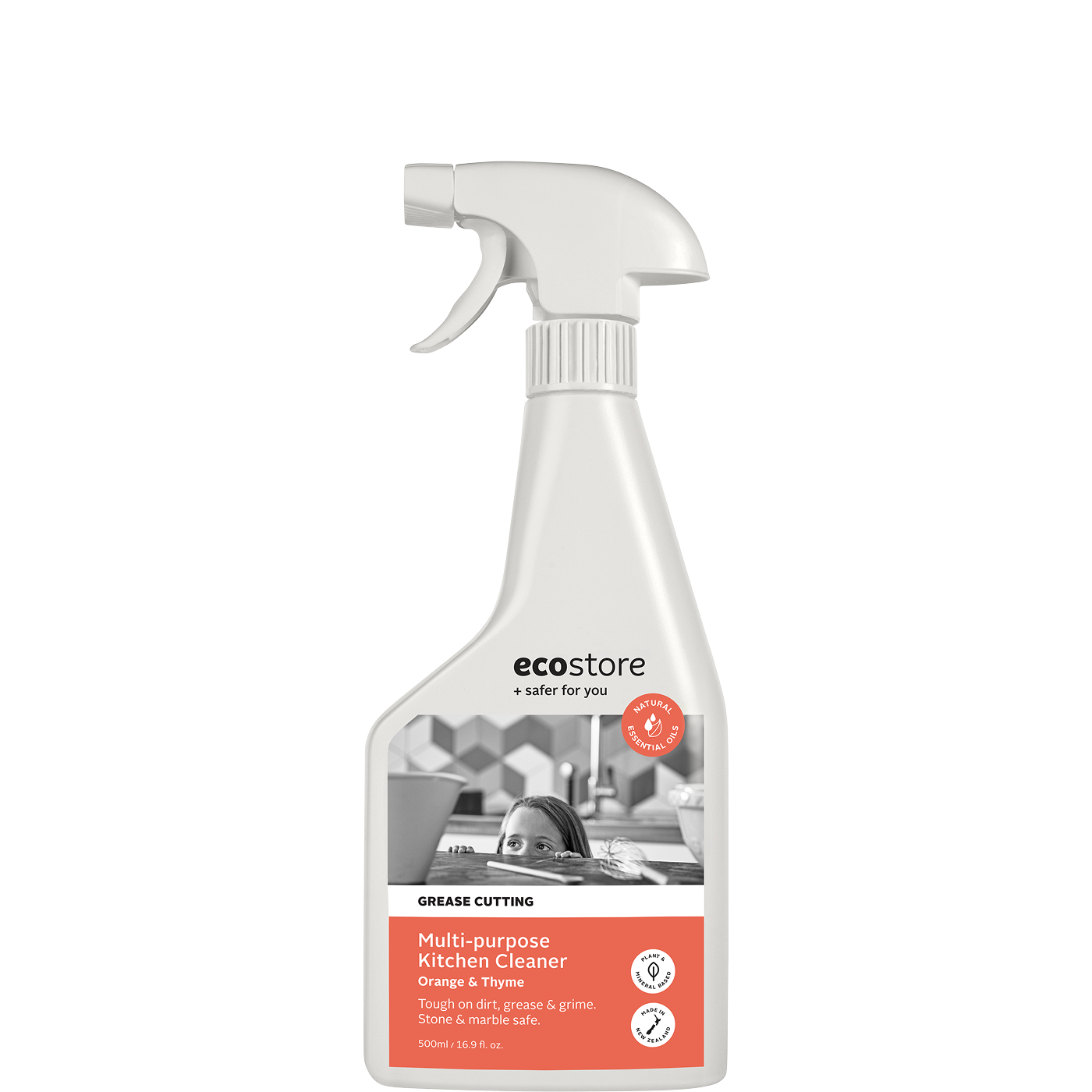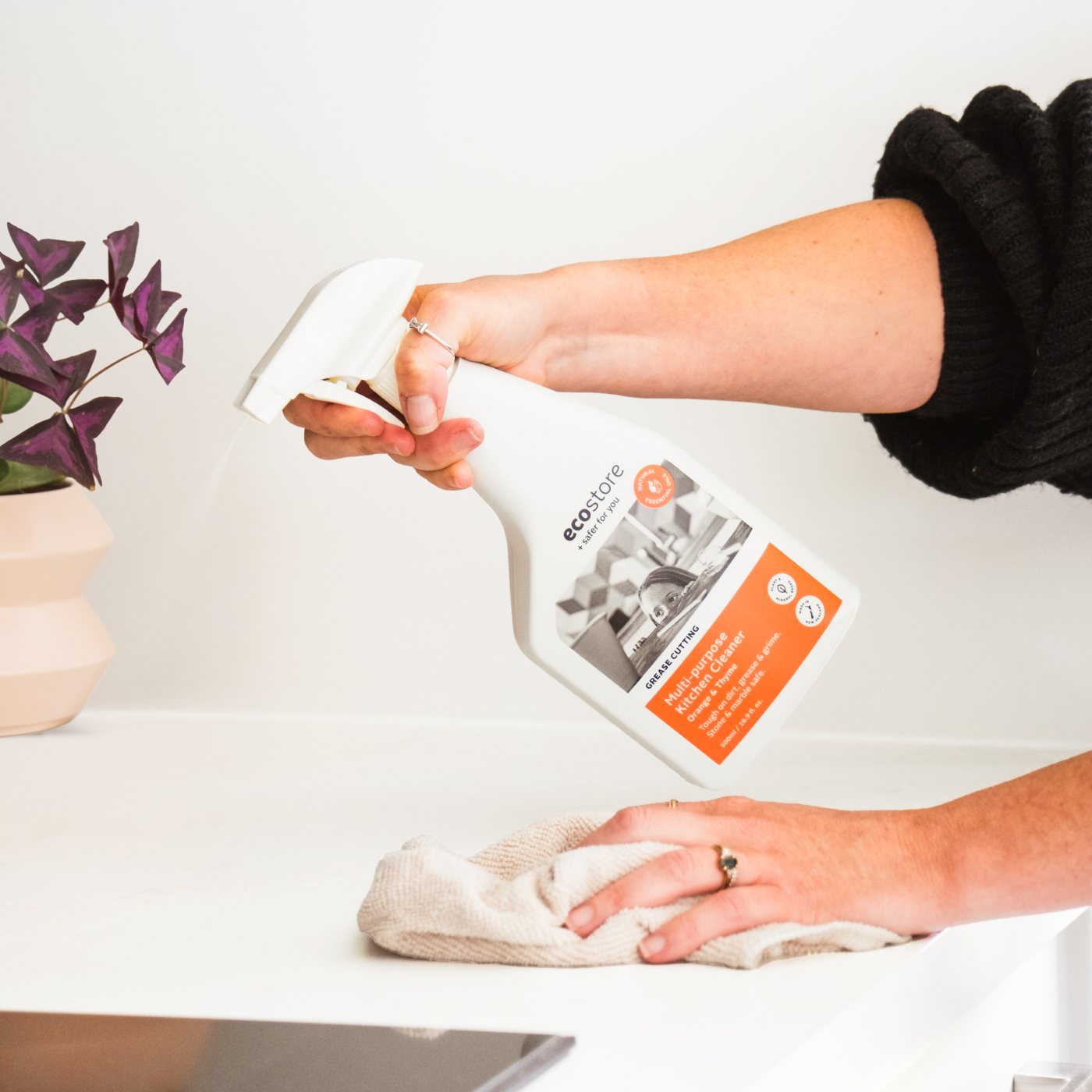Eczema is a long lasting, recurring condition, but it can be effectively managed and prevented, says integrative medicine practitioner Kathleen Wills. Find out how precautions over potentially harsh chemicals, diet, hormonal change and stress can all play a big part.
If you suffer from eczema, you'll be familiar with the bumps and itching that can occur almost anywhere on the body. They'll most likely occur in the creases of the armpits, elbows, or knees, where skin eruptions are characterised by tiny blisters that weep and crust. Patches of skin become rough and inflamed with blisters that itch and bleed.
It's a big health problem in New Zealand - one in five people here will suffer from the condition at some time in their life, according to DermNet NZ.
Eczema or atopic dermatitis is an itchy inflammation of your skin that is usually recurring. It's a long lasting, chronic hereditary condition, but it can be managed and prevented.
So how do we prevent it?
One simple precaution is to avoid harsh chemicals in soaps, detergents and cleaning products that can bring on the symptoms. Some people are extremely careful about what they put on their faces and hands, but don't realise that clothing or bed linen that has residual chemical build up from laundry products that have brightened their appearance can be a major skin irritant.
This is especially important when thinking of your baby's skin. I recommend using baby lotion or body wash from ecostore's product range, and taking care when it comes to everything that touches babies' skin. That even includes dad's T shirt that your little one snuggles on while taking a nap on his chest.
Your diet is key to staying symptom free. I suggest eating regular, healthy, low glycaemic index meals. Ideally this will be three small meals and two snacks a day, each containing protein to avoid fluctuating blood sugar levels and provide amino acids for nerve transmitters such as tryptophan. A paleo diet that avoids wheat and dairy is often recommended. And you can try to eat more fruit and vegetables.
Increasing dietary fibre—nuts, seeds, beans and lentils also helps. Be careful to avoid peanuts though if you have an allergy to them.
Some potentially helpful nutritional and herbal supplements include fish oil, B vitamin complex, vitamins D, C and E, zinc amino acid chelate applied to skin (50mg), and 10mcg of zinc sulphate daily with food internally. Other helpful supplements might be selenium, co-enzyme Q10, alpha-lipoic acid, probiotics, a teaspoon of coconut oil internally daily, and evening primrose oil.
Another consideration is when women go through hormonal changes, like at pregnancy or menopause. These changes might be assisted through natural hormonal supplementation.
Stress management is also a consideration for reducing eczema occurrence. That might mean walking the dog in the bush, reading a book by the fire or having a laugh with friends, whatever is relaxing for you. I've had clients report that yoga and meditation have made a significant impact on reducing their eczema.
It is also important to keep occupational hazards in mind. Certain jobs such as farming, hairdressing, or domestic and industrial cleaning, expose the skin to various irritants and sometimes allergens. Frequent exposure to detergents and/or solvents can impact skin health. This can aggravate atopic eczema.
There is new hope for people who suffer from eczema. Scientists from the University of California, Berkeley announced in Medical News Today that the symptoms of eczema could be prevented by blocking nerve cells. They are studying how the nervous system interacts with the immune system to cause the itch and inflammation associated with eczema and this could lead to new therapies in future.
In the meantime experts recommend taking regular baths in warm water and immediately applying moisturiser to ‘lock in' moisture. Wearing cotton and soft fabrics and avoiding rough scratchy fibres is also advised.
References:
A guide to evidence-based Integrative and Complementary Medicine. Kotsirilos, Vicki, Luis Vitetta and Avni Sali, Elsevier Australia. (a division of Reed International Books Australia Pty Ltd),2011.
Nutrition Almanac. Sixth edition. Kirschmann, John D. And Nutrition Search, Inc. McGraw Hill,2007
DermNet NZ, last modified 19 June, 2015
Kathleen Wills is an integrative and natural medicine practitioner, based in Auckland. She's also a regular speaker and blogger.
This information isn't intended as a substitute for medical consultation - visit your health professional for treatment and management advice.
Read more

We love white cotton sheets and pillowcases, but when we sleep, these linens can get stained when perspiration, body oils and hair products are absorbed into the fabric. If the fabric is more dens...

A quote by Costa Georgiadis, landscape architect and host of ABC's Gardening Australia, inspired Sustainable Table's recent panel - “A local food system creates local employment, regional identity ...






